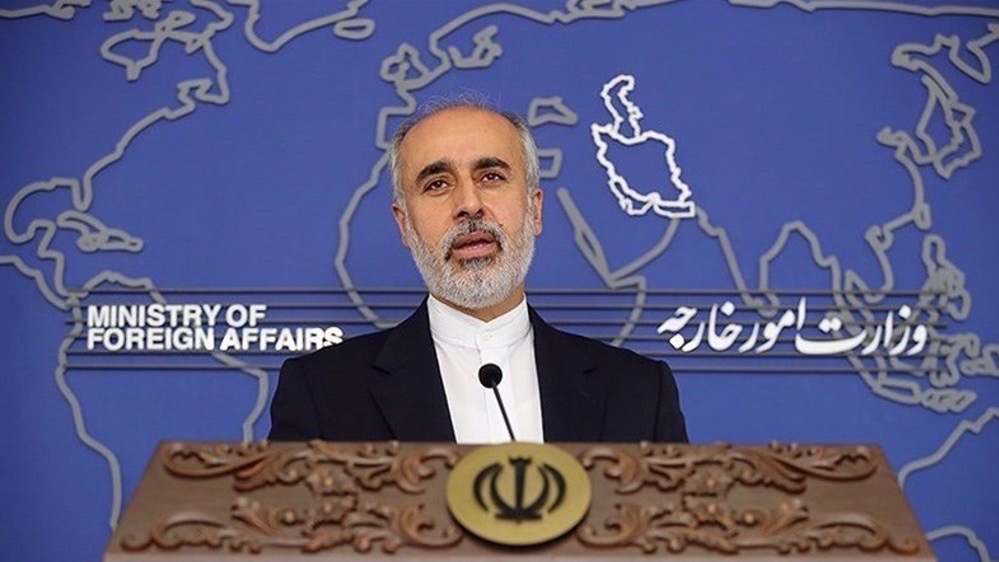Iran in a letter to the International Atomic Energy Agency (IAEA) announced that it has started enriching uranium at 60% purity at its Fordow facility. It claimed that the decision was taken in response to last Thursday’s “anti-Iran” resolution adopted by the IAEA Board of Governors (BoG), Iranian Press Tv reported on Tuesday, November 22.
According to the report, Iran has also installed two advanced cascades at its Natanz facility and advanced centrifuge at Fordow, along with reinstalling centrifuges to halls at both the facilities, vacated after the Joint Comprehensive Plan of Action (JCPOA), or the Iran nuclear deal, was signed in 2015.
Iran has already been enriching uranium at 60% at its Natanz facility since April 2021, in response to an attack on the facility. Iran claimed that the attack was carried out by Israel.
The IAEA BoG passed the resolution on Thursday, November 17, the second of its kind in the last six months, accusing Iran of “insufficient cooperation” in its ongoing investigation into the matter of traces of man-made nuclear particles found at some of Iran’s nuclear sites in 2018. It also alleged that Iran was restricting the IAEA’s monitoring capabilities in its nuclear facilities.
Iran has claimed that it has already explained its part in the matter and the case of man-made nuclear particles is more than 15 years old and was closed before the JCPOA was signed. Iran claims that the issue has been revived now to force Iran into make more concessions in the JCPOA revival talks.
Iran’s nuclear program is “the most transparent”
Iran claimed that the IAEA resolution was “anti-Iran” and shows the West’s intentions to hinder its technical cooperation with the IAEA. Iranian Foreign Ministry spokesperson Nasser Kanaani said on Monday that despite Iran having the world’s “most transparent peaceful nuclear program,” the IAEA had gone ahead with the “politically motivated” resolution due to pressure from the US and its three European allies – France, Germany, and the UK.
The resolution had been introduced by the US and its European allies. Though the majority of the IAEA BoG’s 35 members voted in favor of the resolution, China and Russia voted against it.
Iran, a signatory to the Nuclear Nonproliferation Treaty (NPT), has committed that its nuclear program is peaceful. It started enriching uranium beyond the 3.67% purity allowed under the JCPOA in 2019, a year after the US withdrew from the deal unilaterally in 2018 and imposed strict economic and political sanctions on Iran.
Iran had also removed IAEA cameras installed at some of its nuclear sites to monitor nuclear activities in response to the earlier resolution of the IAEA BoG in June. It also imposed restrictions on physical inspection of its nuclear sites in response to the continued US sanctions.
While 60% enrichment is high, it is still far from weapon-grade uranium which requires more than 90% purity. Iran claims it has the right to take “corrective measures” under the provisions of the JCPOA and will revert back to full compliance once the US withdraws its sanctions completely.
Talks to revive the JCPOA, ongoing since early 2021, have been stalled after Iran demanded ending the IAEA investigation. The US has recently claimed that revival of the JCPOA is not a priority at the moment.





